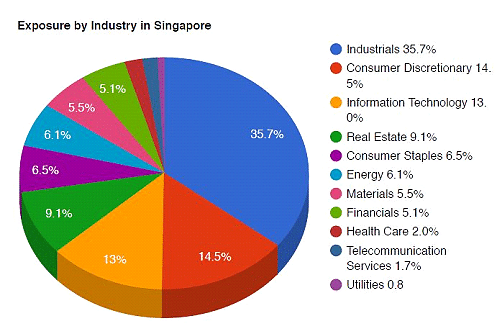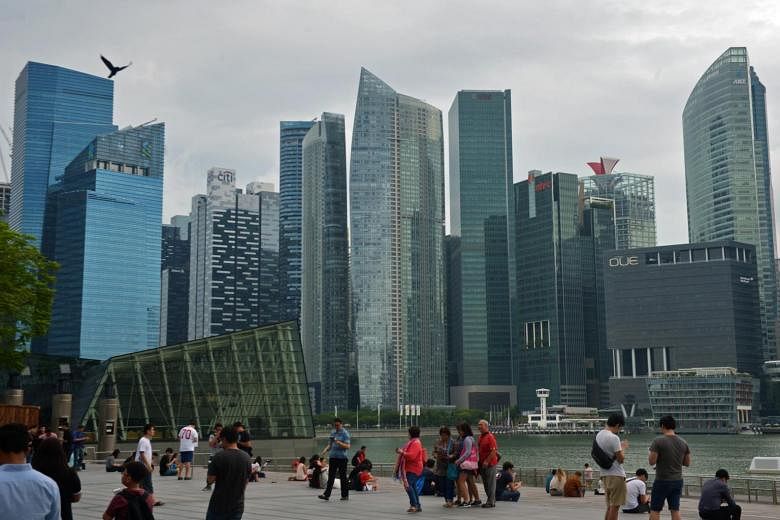SINGAPORE - Singapore-listed firms scored well in a private study of companies from 11 markets.
The study by cyber intelligence company Kinkayo found that more than 60 per cent of companies here have little or no cyber exposure, compared to the global average of 40 per cent. Exposure refers to signs of sensitive disclosure, exposed credentials and hacker group activity against a company as gleaned from publicly available sources, such as the dark and deep Web, and from data breaches.
Kinkayo was debuting what it called the world's first Cyber Exposure Index (CEI) - a proprietary global scoring system that evaluates listed companies, based on the number of findings and risk classifications.
Among the 11 markets examined in the index, Singapore ranked third, after Australia and Hong Kong, in average cyber exposure at a country level.
The greater the amount of uncovered data for a company, the higher the risk and therefore, the higher CEI score. Companies evaluated were given a score from 0 to 5, with 0 equating to no exposure and 5 given to the most exposed companies, based on identified exposure, from September 2016 to September 2017.
In Singapore, 723 listed companies were evaluated and given scores, with 31.7 per cent given a score of 0 (no exposure) and 30.4 per cent given a score of 1 (little exposure).
Apart from Singapore, the other 10 markets in this study include Australia, Finland, France, Germany, Hong Kong, Indonesia, Malaysia, South Africa, Sweden and the United Kingdom.

Said Kinkayo president and CEO Mikko S Niemela: "In the case of Singapore, more than six in 10 listed companies have done their due diligence to boost defences and ensure no loopholes in their organisations. By understanding where critical information is stored, from where is it leaking and how it is exposed, companies greatly mitigate the impact of a cyber attack. This is commendable and a right step towards building a transparent business environment."
According to Kinkayo, the types of company information most at risk is that regarding mergers and acquisitions, databases, intellectual property, registers and business and project plans. The company also identified industries that cybercriminals targeted most often in 2017, and how much data hackers made public.

For all countries evaluated, the biggest exposure tracked was in the manufacturing/industrial sectors.
"As there are more companies overall in this sector, it is expected that a large portion of exposure is in these industries. In addition, many companies in manufacturing may not have adequate security IT investment as compared to financial services or healthcare industries," said Mr Niemela.


